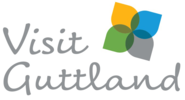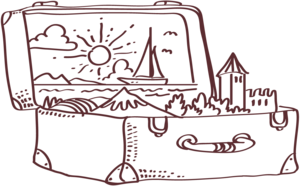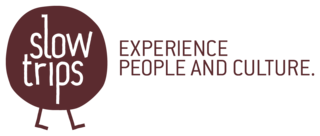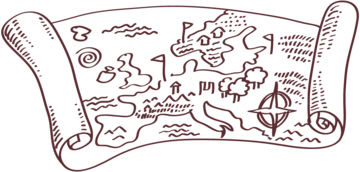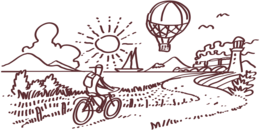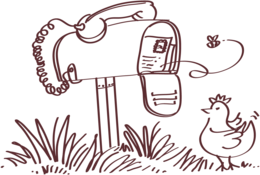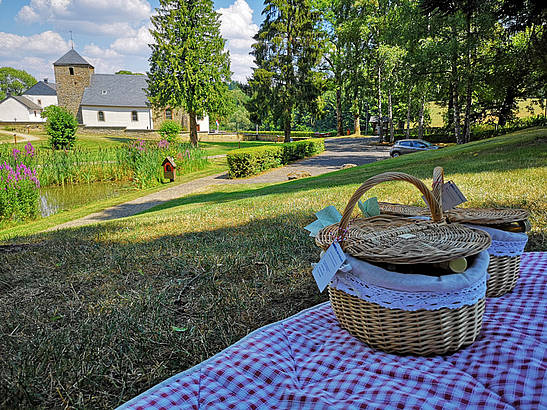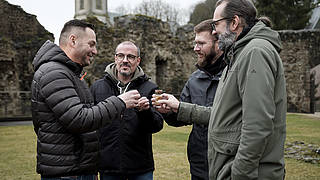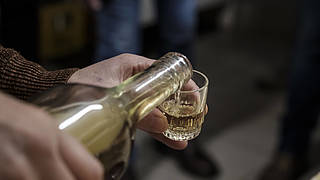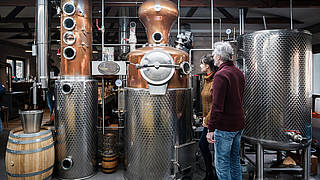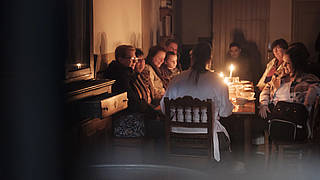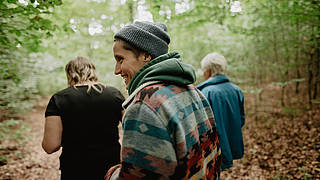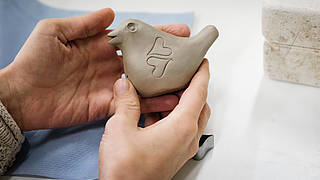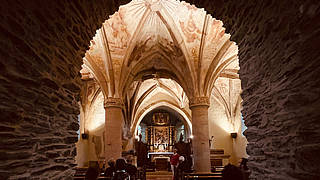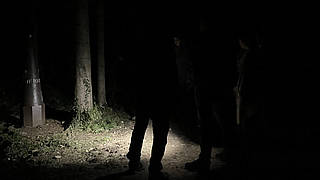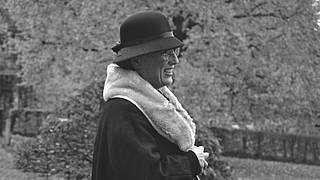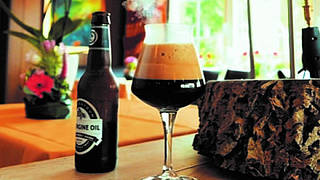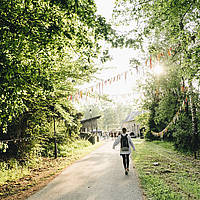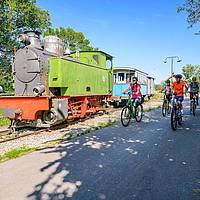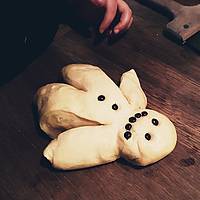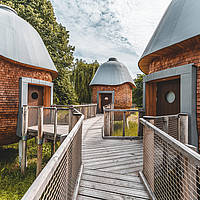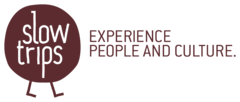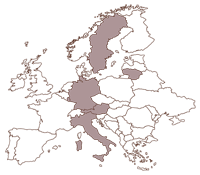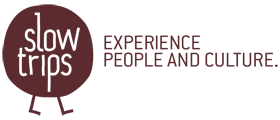Guttland is the region extending over the central and western part of the Grand Duchy of Luxembourg. It’s known for its green hills, pasture landscapes, beech forests, rivers and picturesque villages. But Guttland isn’t just pretty to look at. It also has one of the highest densities of medieval architecture in Europe. Steeped in history, Guttland opens a portal into times long gone with its old castles, Celtic, Roman and even prehistoric sites. Discover the captivating stories and impressive tales of the region first-hand during our theatrical guided tours, by listening to the historical figures who lived through them.
Guttland is also shaped by the development of sustainable tourism and numerous innovative projects created by small, rural communities. Cycle paths and hiking trails invite you to discover the natural treasures of the region. Various tastings let you discover the culinary side of the region — a great way to refuel after all that walking and cycling.
Interactive Map
On the interactive map, you will find all Slow Trips experiences in the 9 European regions at a glance!
Whether creative, active, cultural or adventurous - click through and find the right offer for you!
Bookable Slow Trips experiences
Take your time and browse through our Slow Trips experiences in Guttland
Your cookie settings prevent you from viewing this content.
Would you like to change the settings?
Your cookie settings prevent you from viewing this content.
Would you like to change the settings?
Everyday Culture in Luxembourg
Tiny country — big personalities. Luxembourg may be one of Europe’s smaller countries, but it sure packs a lot into its limited surface area.
For one, Luxembourg has not one, not two, but three official languages. Tourists who speak French or German should be able to communicate well with the locals. Thenational language, “Lëtzebuergesch”, might pose a bit more difficult for outsiders. Fortunately, English is also widely spoken, and Luxembourgers are very welcoming people.
They’re also incredibly proud of their heritage and traditions. This is celebrated accordingly with local festivities that make it easy to get in touch with the locals. People also get together in the many cafes and pastry shops, enjoying local delicacies. In a move towards environmental consciousness, Luxembourg is the first country in the world to offer free access to public transport. So as long as you stay on national trains in second class, you can explore the whole country without ever paying for a ticket.
Your cookie settings prevent you from viewing this content.
Would you like to change the settings?
Are you ready to discover the slow travel region of Luxembourg? Browse and choose from our many unique Slow Trips Experiences. From relaxed culinary adventures to exciting historic activities — you’ll find your perfect match.
For further information, please have a look at the following websites:
www.visitguttland.lu/en
www.mobiliteit.lu/en
www.visitluxembourg.com/
